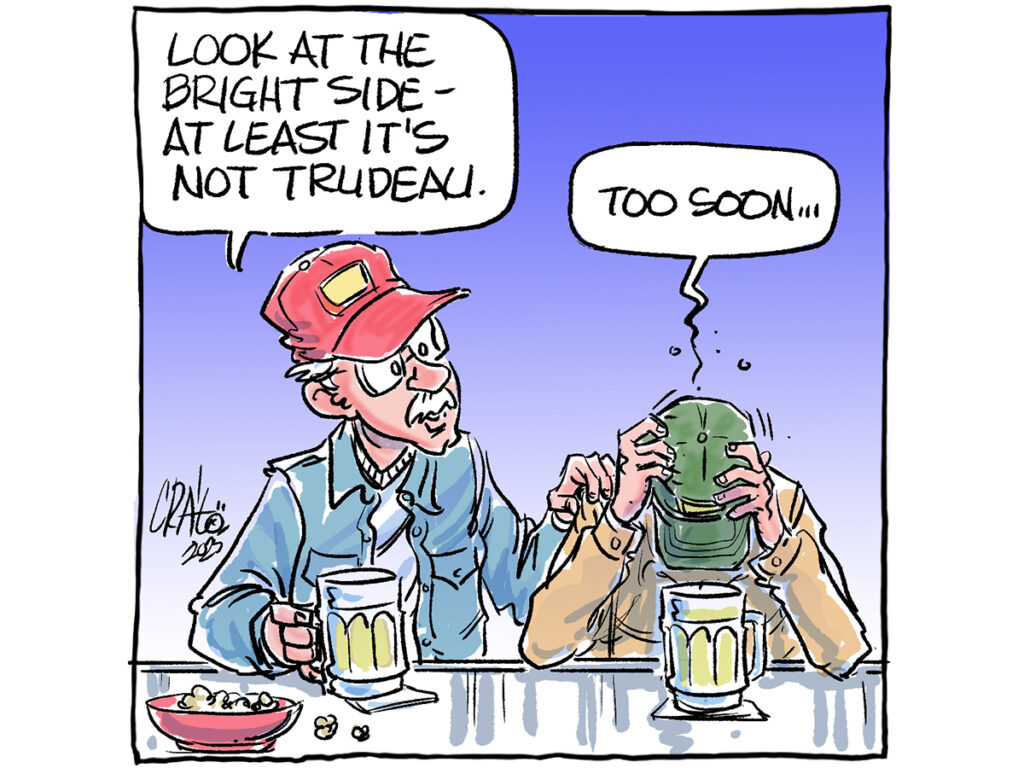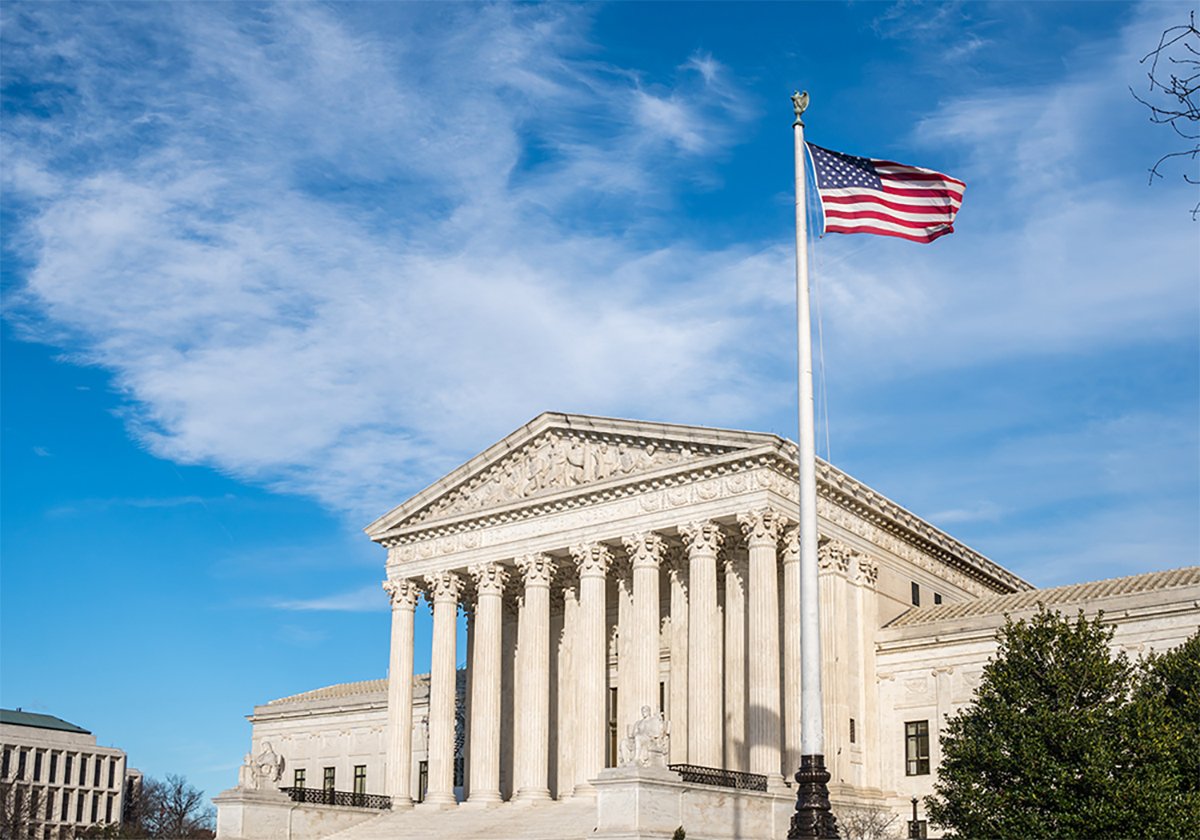Ag sector must stay vigilant as Liberals remain in power

It wasn’t the federal election result most Prairie farmers were hoping for, but here we are — potentially four more years of Liberal government in Ottawa.
This may be discouraging, but there are glimmers of hope that it might not be a total repeat of the last 9 1/2 years.
Follow all our Federal Election 2025 coverage here
Read Also


Republicans might save U.S. agriculture, but it won’t help Canadian farmers
Canadian agriculture sectors counting on U.S. farmer pressure to move the needle on Trump’s tariff policy might be dissapointed
For one, Justin Trudeau won’t be at the helm, and for many, that will be a good start.
The former prime minister was reviled in many parts of the country, including the rural Prairies.
It’s hard to know how different Mark Carney will govern, but there are some early encouraging signs.
One of the new prime minister’s first acts when he took office was to eliminate consumer carbon pricing, which, most importantly, removed the carbon tax on fuel.
This tax had been a significant sore point for Prairie producers, particularly its impact on drying grain and cooling and heating barns and shops.
The federal government also delayed changes to the capital gains inclusion rate, which had been another problem area for farmers. The delay until early next year provides producers with more time to hopefully resolve the issue in their favour.
Kody Blois’s potential return as agriculture minister, which he became weeks before the election, may also be seen as a step in the right direction.
For what it’s worth, Blois was one of the few Liberal MPs who voted in favour of the private member’s bill that would have exempted fuel used for grain drying from the carbon tax.
The previous Liberal government’s laser-sharp focus on climate change mitigation was another problem area for farmers.
Under the Trudeau Liberals, almost all government policy was examined through the climate change lens. This was particularly true in agriculture, where the government demanded that all research projects be measured by their climate change credentials.
This was an alarming development for farmers, who could have accepted some greenhouse gas research but not at the expense of work aimed at improving yields and reducing costs.
What will happen to this single-minded focus under Carney?
It’s still too early to tell, but while his background is in finance and investment banking, climate change also appears to be a major interest.
After he left the Bank of England, Carney was appointed the United Nations’ Special Envoy on Climate Action and Finance.
He also publicly championed the role that private finance could play in the efforts to achieve net-zero greenhouse gas emissions.
What this means for how the new government will approach climate change mitigation is still up in the air, but it’s definitely something that farmers and their organizations will have to watch.
Meanwhile, there are many areas of agricultural policy where farmers will have to continue holding government’s feet to the fire.
Producers would like to see a favourable resolution to the capital gains issue and a permanent elimination of the carbon tax, along with a wide variety of other issues, such as resolving trade disputes and increasing market access.
Farm groups are already declaring their commitment to work with the new government, but on an individual level, last week’s election results will be deeply disappointing for many producers.
However, it will be important to give the new government a chance as it begins its new term in office, while also keeping up the pressure when it falters.
Karen Briere, Bruce Dyck, Robin Booker, Paul Yanko and Laura Rance collaborate in the writing of Western Producer editorials.
Source: producer.com


